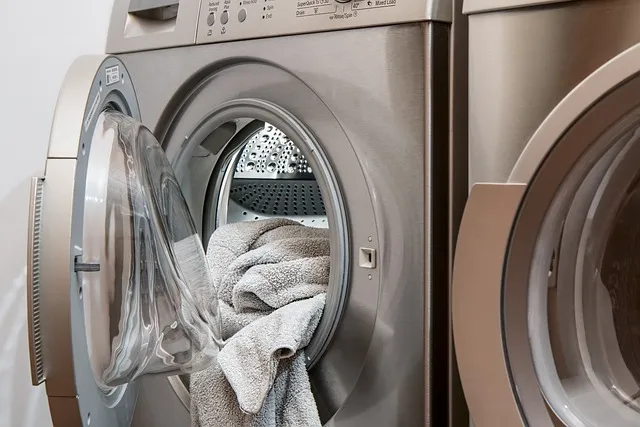Understanding
Generational
Differences: The
Confusion Between
Parents and Kids
Sep 20, 2023 | By: Hope for the Journey
If you’re a parent, you know that parenting is no easy feat. Understanding generational differences can be so hard! There are times when you and your kids don’t see eye-to-eye, and the struggle is real. As we grew up, we formed different perspectives and priorities, which makes it difficult to understand the younger generation’s ways of thinking.
One of the most common questions parents always ask themselves is, “Why do today’s children seem to struggle with certain tasks and chores that were once a breeze for us?” While it’s true that every generation has its unique traits and tendencies, understanding generational differences can be beneficial for parents who want to connect with their kids better.
In this blog post, we’ll explore why there seems to be a gap between parents and kids when it comes to everyday tasks, such as driving or doing chores, and how understanding this gap can bring you and your kids closer.

The generational differences between parents and children are as a result of changes in technology, communities, culture, and education. Modern schools top the list when it comes to the change in education practices. For example, many schools no longer prioritize driving classes in their curriculum, which could explain why your 17-year-old kid may not be as interested in getting a driver’s license as you were.
This education shift has birthed an inclination towards dependent technology usage among kids. With the popularity of ride-hailing apps, social media, and mobile video games, there is less need for independence and transportation. Kids today can easily access the world from their smartphones, making it easy for them to stay inside all day. As a result, getting them to do simple chores can be a battle.

It’s not that modern kids can’t do house chores, but the approach has to be different. Unlike in the past, kids today have a load of activities. This can be a reason why simple household chores can quickly become overwhelming. Assigning chores may come across as a parent adding one more thing to an already overbooked schedule. This can be a surefire way of getting your child to resent them. Instead, create an appealing reward system or display the essence of working together as a family with a smile on your face.
Additionally, as kids spend more time on phones and other devices, they are inundated with dopamine-inducing stimuli like notifications, faster communication styles in texts, and video shorts. This can lead to a decrease in the ability to hold attention for a longer period of time and create a low ability to tolerate disturbances or unpleasant activities.
As a parent, it’s vital to adopt open communication with your children in understanding the generational differences, especially in the manner they treat different everyday tasks. For instance, unlike parents who endured long hours of handwashing several dishes, kids today would rather use the dishwasher. If you find out that your child is having a hard time finishing a task, do not hesitate to find a way to work it out together.
You can also learn about and embrace your child’s interests by taking the initiative to learn from them. The world is moving fast, and each generation has a unique trait and skill that can integrate and make life better. Take the time to learn new things from your kids, especially modern technology, which many youths relate to beautifully.

It’s essential to appreciate the gap between parents and kids’ generational differences, as it can help you understand your kid’s psyche and perceptions about everyday tasks. A better understanding will make your life easier as a parent, and also, it will foster a closer connection with your kids. So, be patient with them, listen, empathize and embrace their way of life, because a new generation with new norms and trends is in the offing.
Still need some assistance bridging the generational gap and connecting with your child? Reach out to us – we are here to help!
Are you and your teen needing help to connect to be able to nurture a deeper relationship with each other?
Our team of caring therapists are ready to help you start your healing journey. Our highly skilled clinicians will welcome you with warmth and understanding. To start therapy with Hope For the Journey, please follow these simple steps:
- Contact Hope for the Journey
- Meet with acaring therapist
- Start receiving thesupport you or your teen deserve.
- Begin to Feel, Heal & Thrive!
Other Services Offered At Hope For The Journey
Our team is happy to offer a number of services from our Round Rock and Austin therapy offices. Mental health services include therapy for anxiety and depression, domestic violence, sexual assault, PTSD, and EMDR. Our team also provides support for family members of all ages with counseling for teens and young adults, children and tweens, couples, men, and parents/partners. Contact us today to learn more about our team and community involvement!
